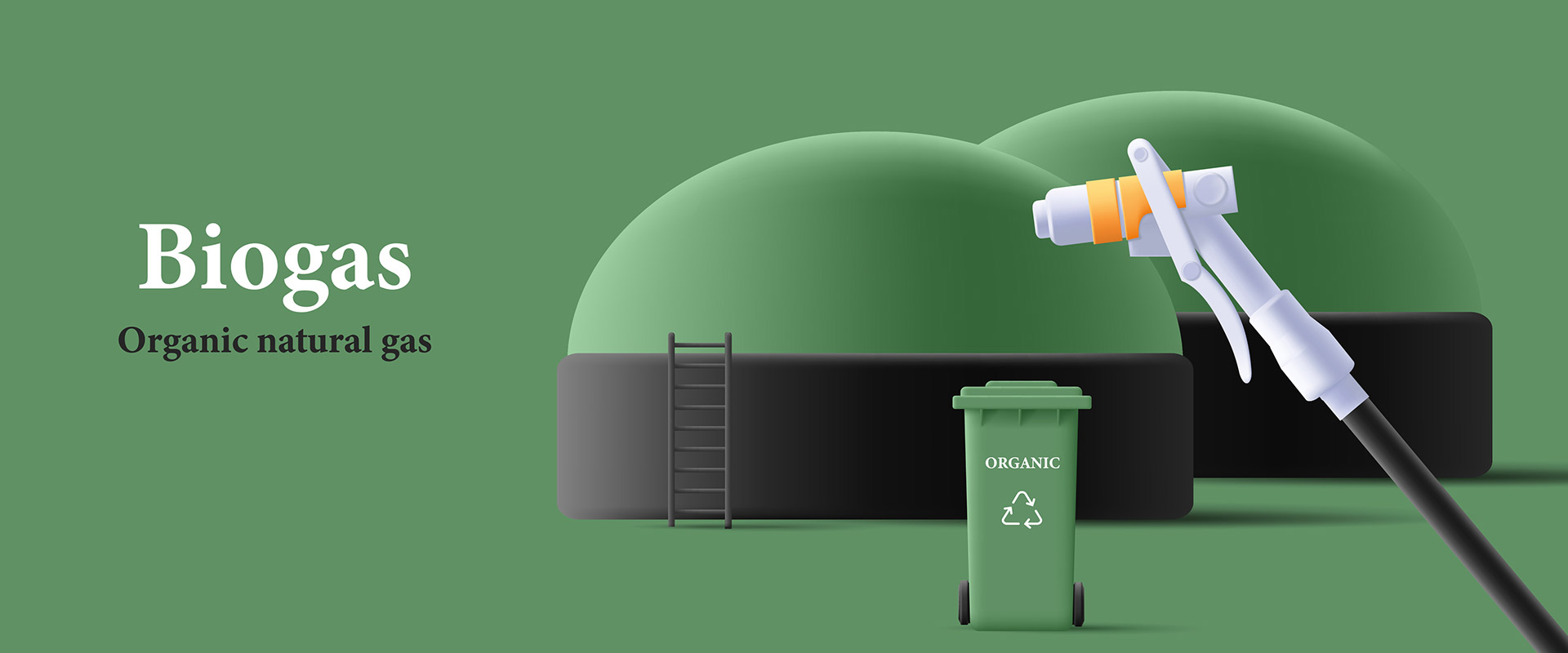
Biogas: Transforming Waste into Green Natural Gas for a Sustainable Future
In the quest for sustainable and eco-friendly energy sources, biogas has emerged as a promising solution, turning waste into green natural gas. This innovative process not only addresses the growing issue of waste management but also contributes to reducing greenhouse gas emissions. In this blog post, we’ll explore the world of biogas and how it is revolutionizing our approach to energy production.
To start, biogas is a renewable energy source produced through the anaerobic breakdown of organic materials such as agricultural waste, food scraps, and sewage. This natural gas consists primarily of methane, making it an environmentally friendly alternative to conventional fossil fuels. The process of creating biogas involves harnessing the power of microorganisms to break down organic matter in the absence of oxygen, producing methane-rich biogas as a byproduct.
The waste-to-energy concept is at the core of biogas production. Instead of allowing organic waste to decompose in landfills, which releases harmful methane into the atmosphere, biogas facilities collect and utilize this waste to generate clean energy. This not only mitigates the environmental impact of waste disposal but also harnesses the energy potential inherent in organic materials.
There are many environmental benefits to biogas. By capturing methane emissions from decomposing organic waste, biogas plays a crucial role in mitigating greenhouse gas emissions. Methane is a potent greenhouse gas and converting it into a useful energy source helps combat climate change. Secondly, biogas facilities contribute to waste reduction by diverting organic materials from landfills. This not only minimizes the need for new landfill sites but also helps address the global waste management crisis. Finally, biogas is a renewable energy source, providing a sustainable alternative to fossil fuels. As a result, it reduces our dependence on finite resources and contributes to a more resilient and diversified energy portfolio.
Biogas has versatile applications across various sectors, it can be used to generate electricity, providing a reliable and sustainable energy source for communities. Methane extracted from biogas can be purified and used as a vehicle fuel, offering a cleaner alternative to traditional gasoline and diesel. And finally, biogas can be used for heating and cooking in homes, further reducing reliance on conventional fossil fuels for everyday activities.
Biogas represents a powerful and sustainable solution to the dual challenges of waste management and energy production. By transforming organic waste into green natural gas, we can create a cleaner, more sustainable future. Embracing biogas technology not only reduces environmental impact but also paves the way where waste becomes a valuable resource. As we continue to explore innovative ways to address climate change, biogas stands out as a beacon of hope for a greener and more sustainable world.
